Are you traveling to Japan for your first time? Japan is an exotic and fascinating country, and you will love its customs, food, and all the sights. Read this Japan Trip Planner to get started.
There’s something for everyone in Japan. From Tokyo to the almost 7,000 islands that belong to it, Japan is full of culture, tradition, and beauty. It’s well known for its anime, technology, and cuisine. From the first time we visited and climbed Mt. Fuji, to living in Northern Japan, and then living in the old capital of Kamakura for a few years, Jim and I have loved Japan.
It’s on the top of our recommendations list, because every single person I’ve met that’s been there has loved it.

Planning Your First Time in Japan
If you are a fan of anime, Asian food, getting outdoors, amazing traditional culture, or a variety of other things, Japan should definitely be a country that you will love traveling.
It’s clean, easy to navigate, everyone is helpful and polite, and believe me there is so much to do that like me you’ll have to not only live there for five-plus years, but keep going back over and over again.
Japan is on the top of our recommendations list, because every single person I’ve met that’s been there has loved it. Also, you might be wondering what traveling around Japan post-pandemic is like, check it out.
Getting Into and Around the Country
Japan is an island nation located to the west of the continent of Asia. The only two ways to get there is by air and by ship. All the years that we lived there, we flew in, but I would love to take a ship in someday. A country full of islands (over 7000), it makes sense that it is filled with ports and harbors all crying for someone to arrive.
Location and Visa
For most countries, Japan has a 90-day free visa upon arrival. They do expect you to leave before the 90 days is up, but for one time only, you can do a visa run to another country, like Taiwan or Korea and get another 90 days. However, after that, you need to leave unless you can apply for a residency card.
Transportation
Public transportation in Japan is varied and timely. Most people get around using the train and subway system. Roads get packed and jammed very quickly, especially on the Kanto Plain.
Driving in Japan is on the left, but driving a rental car will quickly turn expensive, especially if you are driving on toll roads. We did one two-week road trip and our tolls added up to over $800 US.

Airplane
Air travel is one of the main ways that people arrive in Japan, and Tokyo is served by two airports, Narita and Haneda. Both have plenty of public transportation options into the city or surrounding areas.
Upon arrival, you will have to fill out an entry card, a customs card, show proof of your vaccinations, and make sure your passport is good for at least six months.
Train
Most tourists travel by train, both within the Tokyo/Kanto area, and to other places as well. If you are coming for a short time, you will want to look into buying a Japan Rail Pass to see if it is worth it to you. It’s good if you plan to do a lot of train travel in the time frame, but if you are only going to one or two places, it may not be worth it.
To use the train and subway system within Tokyo, it’s best to purchase a Suica or Passmo refillable card. There are machines in every train station that will allow you to put more money on it, and you don’t have to worry about buying tickets for each leg. These will even work to get you out of town, like on a day trip outside of Tokyo.
Buses
You can get buses everywhere. Most train stations have a bus terminal right at the same place, because you will need to use both train and bus to get to many places. Buses are cheap and most map apps these days will help you navigate the system.
Ferry
As a country full of islands, many of which are fascinating to visit, you might find yourself taking a ferry. Ferries are a great way to cover some miles instead of driving all the way.
Overnight ferries have both private rooms and public tatami mat rooms that anyone can sleep on. Don’t be intimidated by the ferry, whether you rent a car and drive on or whether you walk on.
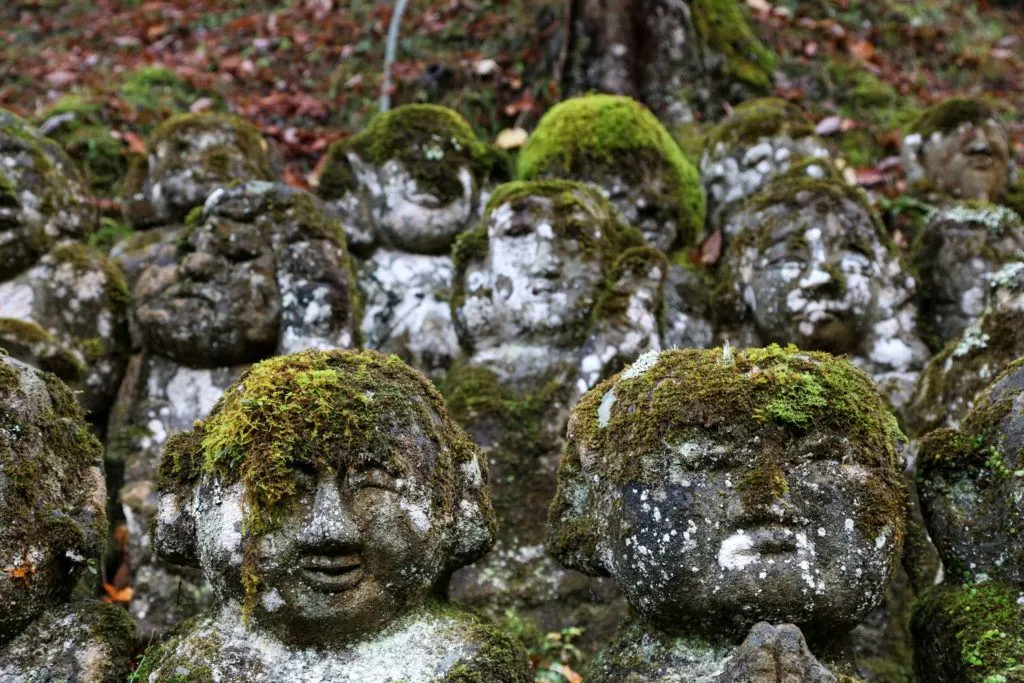
Money
The Japanese currency is the yen. There are coins that range from 1 yen to 500 yen, so be careful when collecting coins, as they add up quickly. It’s a good idea to try and use them as soon as you can since, as with most currencies, you can’t convert coins once you are out of the country.
ATMs and Banks
You can find ATMs everywhere, but the best places to find them are at the Konbini (convenience stores like 7-11).
Credit Cards vs. Cash
Many small businesses still prefer cash, so make sure to keep some on you at all times. One way to get around carrying too much cash is to get a Suica or Passmo card. These cards were originally designed only for use on public transportation, but they are so convenient that people and businesses started using them like pre-loaded debit cards. You can even buy a hot can of coffee out of a vending machine using your Suica or Passmo card.
Health and Safety Concerns
Vaccinations
For a short stay in Japan, the CDC recommends that travelers be up-to-date on all regular vaccines. However, it doesn’t hurt to have your Hepatitis A and B as well as Japanese Encephalitis, especially if you will be doing any hiking or other outdoor activities in remoter areas.
Water
Water is safe all over Japan unless stated otherwise. You can also buy water in bottles in every convenience store and vending machine across the country.
Pharmacies
For over-the-counter medications like aspirin or Tylenol, you can usually find these types of things in a konbini or food shop.
However, if you want to fill a prescription, you must first make an appointment to get a Japanese doctor to write you a script, then he can tell you where to buy it nearby.
If you think you will be running out of medication, make sure to have your original prescription available to show the doctor.
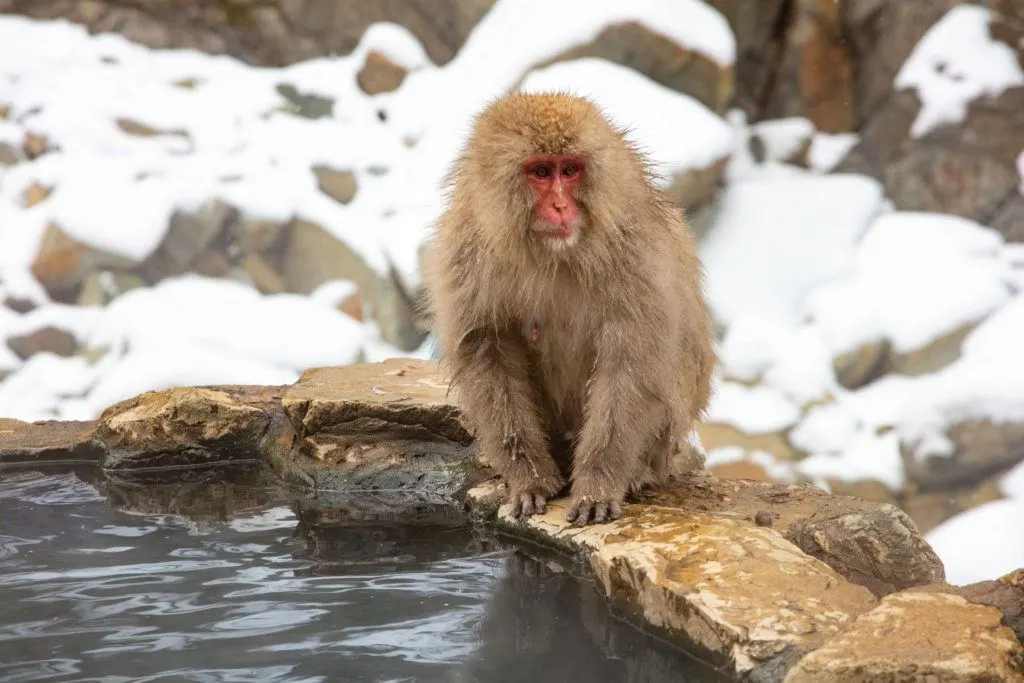
When Should You Visit?
Luckily, every season is great for traveling in Japan. After living here, we’ve come to look forward to each season and the special events that it brings. In spring, of course, you can follow the cherry blossoms from the southern end all the way north, from about February through April, and celebrate hanami.
Then in fall, the Japanese maples sport the most beautiful reds, oranges, and bronzes; the ginkgo trees turn gold, and the temperatures are perfect for outdoor activities like hiking or biking.
In winter, Japan has some of the best skiing snow I’ve ever encountered. The temperatures hover right about freezing, so it really doesn’t seem to get too cold, yet there is plenty of snow.
To be honest, even though summer is the most popular season, it’s my least favorite. The temperatures can get up into the low 100s and the humidity is high as well. It’s downright miserable. However, like any other country, it’s a time with lots of events and festivals to go to as well, so it’s a trade-off.
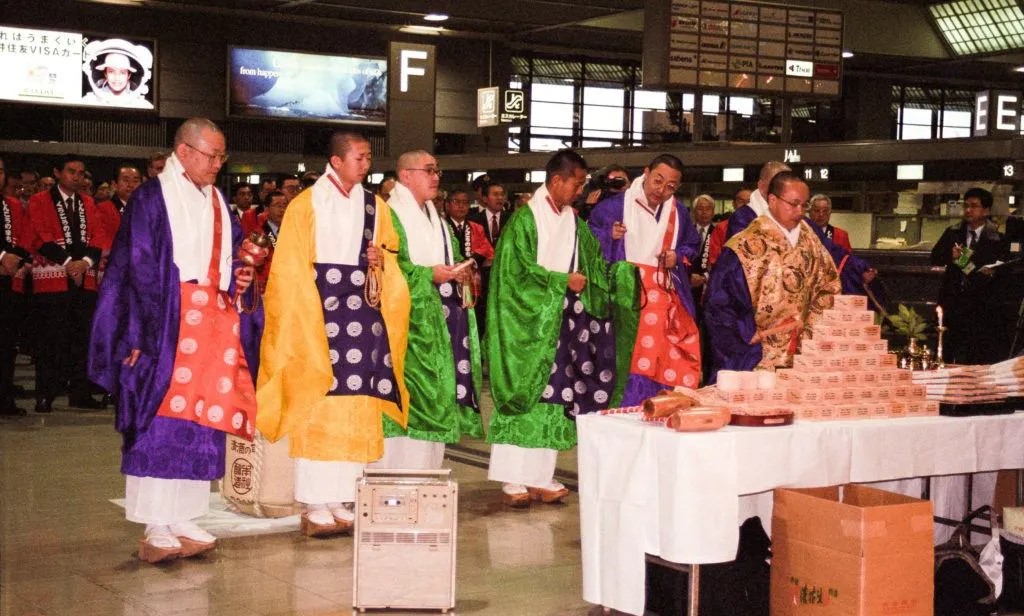
Japanese Holidays
As in most places, a public holiday is a day when banks and some other businesses are closed and schools are off. Just knowing when the public holidays are will help make decisions on when to plan to conduct business.
However, for tourists, almost everything you need will still be open for sightseeing or travel. ATMs are found all over so even trying to find a place to get money is still relatively easy.
The hardest time to travel around the country is during Golden Week, so during your planning, if you could avoid that week, you should be fine.
Note: Japan is always busy and the sights are frequently full of tourists both domestic and foreign, so it’s a good idea if there is something you don’t want to miss to make sure and make reservations. (source)
New Year – January 1
Coming of Age Day – Second Monday in January 11
National Foundation Day – 11 February
Emperor’s Birthday – 23 February
Vernal Equinox Day – 20 March
Showa Day – 29 April
Golden Week – Last few days of April until first Saturday in May
Constitutional Memorial Day – 3 May
Greenery Day – 4 May
Children’s Day – 5 May
Marine Day – Third Monday of July
Mountain Day – 8 August
Respect for the Aged Day – Second Monday in September
Autumnal Equinox Day – 23 September
Health and Sports Day – Second Monday in October
Culture Day – 3 November
Labor Thanksgiving Day – 23 November
Our Japan Articles
- When is the Best Time to Visit Japan? A Country for 4 Seasons
- What to Eat in Japan Food Guide
- Day Trip to Kamakura and Its Beach
- Plan a Trip to the Gassho Zukuri in Shirakawago – World Heritage
- Matsumoto Castle and Art
- The Best Hotels in Japan
- Our Top Ten List for Japan
- Snow Monkeys in Hot Tubs – Bucket List Japan
- 101 Japanese Kit Kat Candy Bars – A Taste Challenge
- Indulging Your Fantasies at Japanese Themed Restaurants
- The Good, the Bad, and the Cuddly! Animal Cafés in Japan
- Bunruku – Japanese Puppet Theater
- Hanami – Cherry Blossom Viewing in Japan
- Tiniest Hotel Rooms – A Capsule Hotel in Japan
- Christmas Dinner in Japan….KFC?!
- Japanese Street Food
- Pokemon Cafe Tokyo
- How to Visit the World-famous Tokyo Tsukiji Fish Market
- Visiting the Fushimi Inari Shrine – Kyoto
- Visting the Otagi Nenbutsu-ji Temple – Kyoto
- Ramen Museum and Cup Noodles Museum – Yokohama
- Love Hotels In Japan
- Mochi, Mochi, Mochi – A Japanese New Year’s Tradition
- The Buddha Statue of Aomori
- Watching a Sumo Tournament – Tokyo
- Top Tourist Sights and Places to See – Tokyo
- Kawasaki Warehouse Arcade – A Must-visit near Tokyo
- Walk Nogogiriyama on the Boso Peninsula
And if you are interested in a cute little story about how important selling fish roe to Japan is to the Alaskan economy, here’s an experience I had a few years ago. Enjoy.
Author Bio: Corinne Vail is a travel photographer, food lover, and a perpetual traveler who has been travel writing for over 14 years. For many years she lived overseas in Germany, Japan, Turkey, South Korea, and the Netherlands teaching the children of the US. military. She’s visited over 90 countries, and she’s not stopping anytime soon.
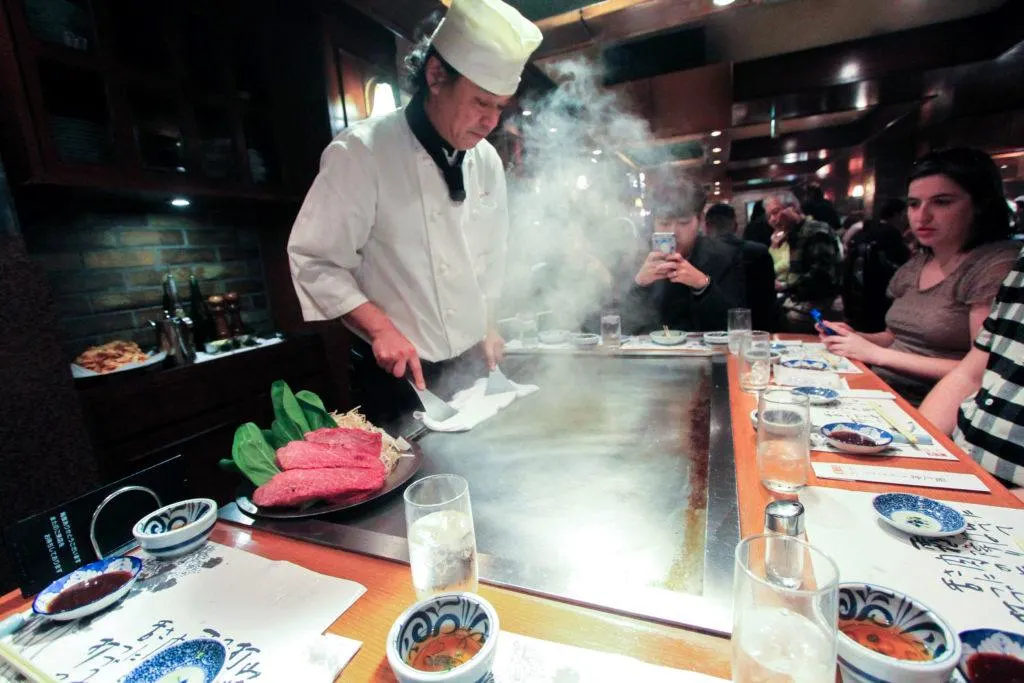



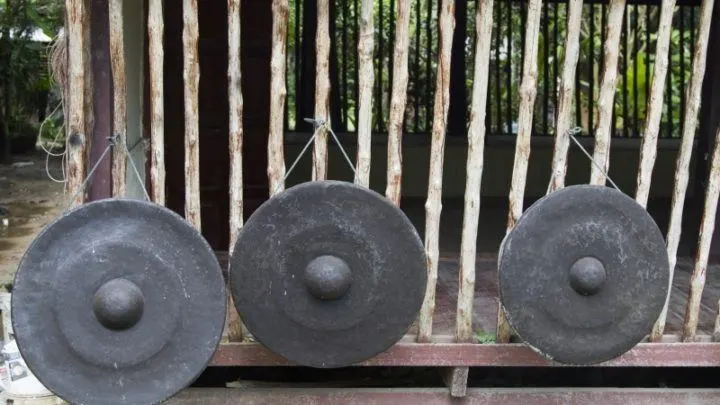
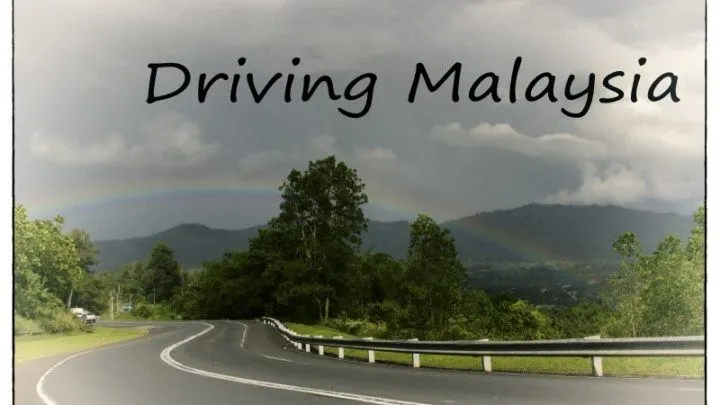
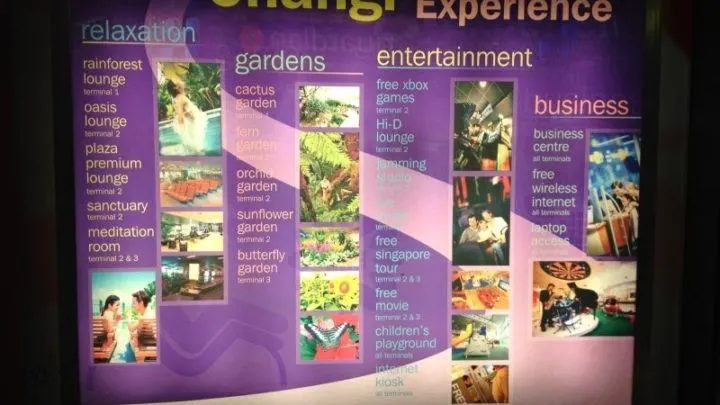
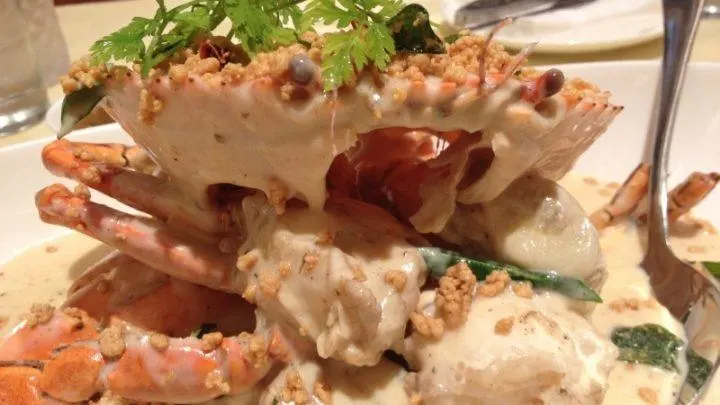



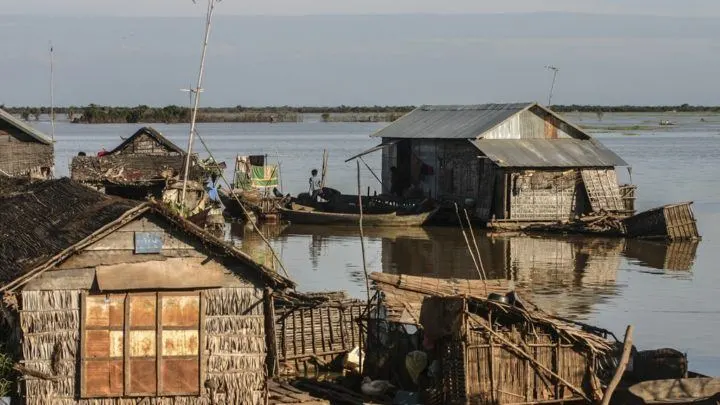
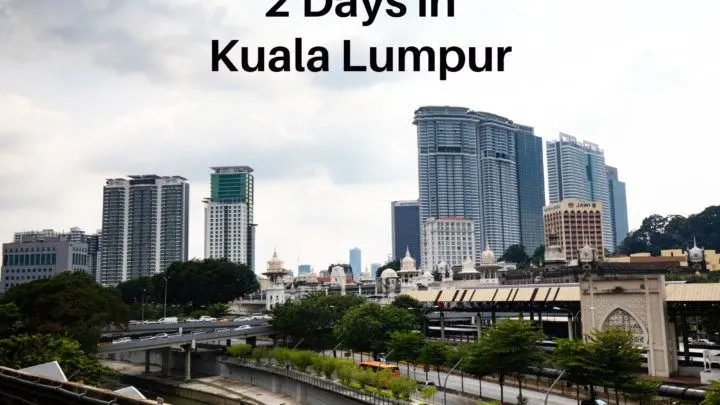
The Travel Architect
Thursday 28th of January 2021
I've saved this post as I'm dying to go to Japan once this pandemic is over, or at least contained enough that international travel is safe again. Thanks for your insights.